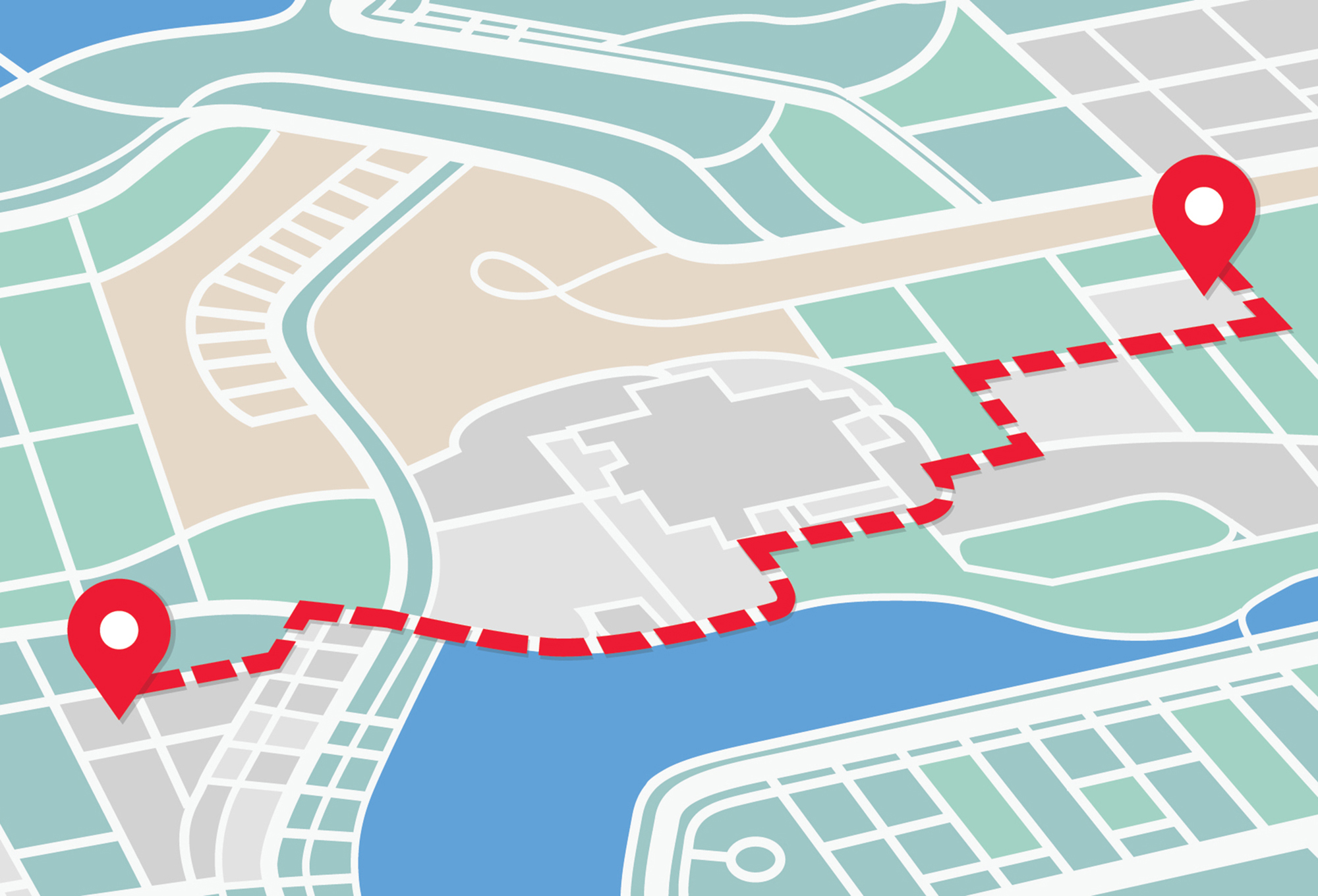Something remarkable starts today. Across the country 155 newsrooms are banding together for a year-end campaign to stand up for journalism that strengthens democracy. Today is the first day of NewsMatch, a national call to action to support trustworthy local news and critical investigative reporting. For the next two months a group of funders will double donations to nonprofit newsrooms across the country. At a moment when news deserts are spreading and journalism is under attack, nonprofit newsrooms are expanding and refuse to back down. They are united in their commitment to serve the public, Now more than ever, they need the public’s support.
From November 1 to December 31 individual donations of $1,000 or less will be matched, dollar for dollar, up to $25,000 per newsroom. At NewsMatch.org you can search for participating newsrooms that report on issues you care about or cover your community, and you can donate to them all in one place.
Now in its third year, NewsMatch is a unique partnership between local and national foundations and companies that aims to raise millions of dollars for quality news, build the long term capacity of the nonprofit news sector, and raise awareness of the important role of journalism in our democracy. Local and national funders interested in supporting public interest journalism can still get involved (reach out to me at jstearns@democracyfund.org to discuss how NewsMatch can meet your goals)
Originally created by the John S. and James L. Knight Foundation in 2016, NewsMatch has more than doubled in dollars, donors, and participants in three years as it has become a platform for foundations and corporations to pool their funds and expand their impact. “NewsMatch is more than just a campaign. It is a movement that accelerates a new lane of journalism,” writes Karen Rundlet, a Journalism Director at Knight Foundation, “NewsMatch is stronger with multiple sources of financial support.”
New Funders Join NewsMatch to Support Quality News
In 2018 NewsMatch is growing significantly with new funders and newsrooms, representing the increased importance of nonprofit news to keeping our citizens informed, holding our leaders accountable, and covering the issues facing our communities and our nation.
One of the new funders joining NewsMatch in 2018 is the Jonathan Logan Family Foundation. Jonathan Logan, a longtime supporter of investigative reporting in the United States, invests in journalism that creates positive change. “NewsMatch is a perfect fit for us,” Logan said, “we look for opportunities where our support will make a significant difference.” The Jonathan Logan Family Foundation’s gift will both support the national campaign and provide an extra match opportunity to specific local newsrooms. “We are able to support dozens of worthy newsrooms by being part of the main NewsMatch fund, and at the same time offer additional support and incentives to more than a dozen newsrooms in the Deep South and post-Hurricane Maria Puerto Rico, regions of particular importance to us,” Logan said.
Facebook has also significantly increased its support this year, after partnering with NewsMatch in 2017 to raise awareness about the campaign. In August the Facebook Journalism Project announced it was contributing $1 million to the NewsMatch fund. “We are thrilled to do our part to help support these publishers that are providing critical news for communities across the U.S. and helping fill gaps in public information,” said Jason White, Facebook’s director of news partnerships. “This is Facebook’s second year supporting NewsMatch, and over this time, we’ve seen an increase in the importance of nonprofit newsrooms to the local news ecosystem.” Facebook is the first corporation to join the campaign.
In parallel with NewsMatch, at least 20 other foundations and donors have set up local matching efforts with individual newsrooms during the last months of the year. These donors include the University of Texas at El Paso which is providing $65,000 in matching dollars to Borderzine, The Zellerbach Family Foundation and The Ralph M. Parsons Foundation which are supporting Fostering Media Connections, the Asta MacDonald Memorial Match supporting WDET Detroit Public Radio, South Dakota philanthropists Dan and Arlene Kirby who are providing $25,000 in matching dollars to South Dakota News Watch, a match from the PRI-PRX Board, a group of major donors in Michigan who will be matching donations to East Lansing Info, and Hugh and Jackie Bikle, the Calhoun & Christiano Family Fund, and the Randy and Rebecca Wolf Family Fund who together are supporting BenitoLink.com with a $25,000 match.
Foundations Expand Their Support with More Dollars for More Newsrooms
In addition to these new supporters a number of foundations returned to support NewsMatch for a second year, and expanded their support in 2018. The Gates Family Foundation, which supported one newsroom in 2017, is offering an additional $1,500 match to eight Colorado newsrooms in 2018 as part of the Colorado Media Project, which aims to strengthen and accelerate sustainable, civic-minded journalism in Colorado. Melissa Milios Davis, vice president for strategic communications at the Gates Family Foundation, sees NewsMatch as a way to encourage Colorado outlets “to come together to brainstorm ways to increase individual donations at each outlet, while also amplifying the vital role that community support plays in sustaining high-quality local news in Colorado.”
The Wyncote Foundation in Pennsylvania is also increasing the number of newsrooms it is supporting through NewsMatch. “Wyncote Foundation is pleased to support the NewsMatch initiative again this year,” David Haas, Wyncote Board Vice Chair said. “NewsMatch allows us to support a range of strategies that strengthen non-partisan, fact-based journalism covering local and regional issues of concern to citizens in Pennsylvania and New Jersey, and that further civic dialogue and engagement within and across our communities.” Through these partnerships with NewsMatch, these place-based funders are making individual donations to local journalism go even further.
Solving Big Problems Together
All of these partners join Democracy Fund, the Ethics and Excellence in Journalism Foundation, Knight Foundation and the MacArthur Foundation who continue to support NewsMatch, which is housed at the Miami Foundation. Collaboration is core to the success of this effort. The campaign is driven by the Institute for Nonprofit News and the News Revenue Hub, both of whom support the 155 participants during NewsMatch and year round. By creating shared trainings, templates and resources, these two organizations have helped to create an unprecedented, coordinated approach to end-of-year fundraising across the nonprofit news sector.
“Ethics and Excellence in Journalism Foundation’s grant to NewsMatch supports the growth of nonprofit news across the country as well as locally in Oklahoma,” said program officer Tyler Tokarczyk. “The collaboration between national and local funders, and the participation of national and local news organizations makes NewsMatch a truly unique giving opportunity we are proud to contribute to again in 2018.” By combining partnerships in the field with partnerships across funders, NewsMatch is able to tackle big challenges none of us could do alone.
NewsMatch launches today and will begin matching individual donations to participating newsrooms, but foundations, companies and donors who want to join the effort are still welcome to contribute. The fund is housed at the Miami Foundation which handles all the administration and logistics for partner funders, making it easy for foundations and donors of any size to join NewsMatch. As the nonprofit news field has grown there is an urgent need to expand NewsMatch even further to support the journalism our nation needs. NewsMatch helped make 2017 a record-breaking year for giving to nonprofit news — this year we have to go even bigger with your support.




